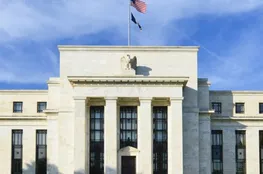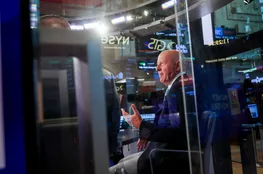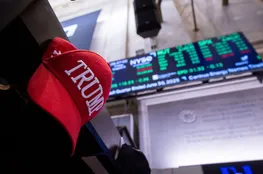BlackRock, under the leadership of Larry Fink, has reportedly collaborated with a public relations agency to engage TikTok influencers for the promotion of its new exchange-traded fund (ETF) in New York City. The ETF, known as the iShares Top 20 US Stocks ETF (TOPT), focuses on the largest 20 US companies by market capitalization. This strategic engagement was highlighted by popular TikTok influencer, Piper Cassidy Phillips, who revealed she was among several influencers invited to a BlackRock event at a chic wine bar in the West Village earlier this week.
Phillips expressed her surprise at a prominent financial institution like BlackRock leveraging influencer marketing, traditionally associated with lifestyle and consumer brands, to enhance visibility for an ETF. She emphasized the novelty of such a move in the finance sector, characterizing the event as a sign of increasing diversification in marketing strategies used by financial firms to reach retail investors. The initiative by BlackRock was orchestrated with the assistance of a major PR agency, demonstrating the firm's commitment to innovative outreach techniques.
Although this approach generated substantial buzz, not all feedback was positive. Phillips mentioned that some followers took issue with the idea of financial products being marketed through social media platforms commonly associated with younger audiences. Concerns were voiced on TikTok with users debating the appropriateness of promoting complex financial instruments to retail investors via influencers. A comment from a user suggested that the regulatory body, FINRA, might scrutinize the practice, underscoring the potential for regulatory challenges.
User reactions varied, with some criticizing influencers for participating in financial promotions, suggesting that such endorsements equate to "selling your soul for a couple of bucks." This sentiment highlights a broader discourse on the ethical implications of blending finance with social media marketing. As financial firms like BlackRock explore new frontiers in marketing, the balance between innovative engagement and regulatory compliance remains critical, reflecting a broader trend of financial products being marketed in non-traditional ways.
























